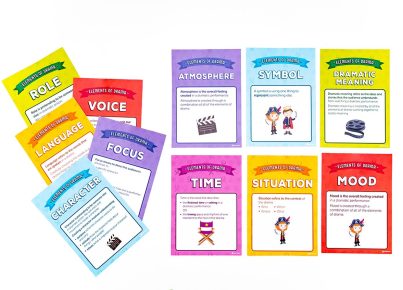Imagine walking into a serene, calm environment with individuals working effectively, demonstrating respect, and displaying high levels of self-discipline. It seems like bliss, doesn’t it? But the question that arises is how do we achieve such an environment? The answer lies within one word: you.
Behaviour management is crucial not only in an educational setting but also in various aspects of life. It helps maintain a productive environment and encourages the development of essential skills such as empathy and emotional intelligence. Let’s explore how you can be the key to successful behaviour management.
1. Be a Role Model:
Remember, people around you are always observing your actions and learning from them, whether consciously or subconsciously. By displaying good behaviour, morals, and discipline yourself, you become a beacon of light for others to follow. Set the bar high by conducting yourself ethically and responsibly.
2. Foster Positive Relationships:
Establish strong connections with people you interact with daily, whether they are students, colleagues or family members. Offer support and encouragement when needed and maintain open communication lines. People tend to behave respectfully and responsibly when they feel valued.
3. Establish Clear Expectations:
Clarity is crucial for successful behaviour management. Make sure everyone around you understands what is expected of them regarding specific rules and regulations. These expectations must be realistic, clearly communicated, and consistently reinforced.
4. Embrace Emotional Intelligence:
Recognize and appreciate that every individual has different emotions and perspectives that shape their behaviour. Developing emotional intelligence enables you to understand others better by empathizing with their feelings, creating an atmosphere conducive to growth.
5. Encourage Accountability:
Every individual should understand the consequences of their actions – both positive and negative – as it helps them accept responsibility for their behaviour instead of merely relying on external factors for discipline.
6. Be Consistent:
Consistency is crucial for shaping others’ behaviour over time; hence, ensure that the rules, guidelines, and rewards are adhered to. Inconsistent behaviour management might lead to confusion and defensiveness.
7. Offer Rewards and Reinforcement:
Offer praise, rewards or other positive reinforcement when individuals display good behaviour. Encourage a growth mindset by acknowledging their efforts and improvements in time.
8. Be Flexible and Adaptable:
While consistency is essential, flexibility and adaptability are just as necessary. Circumstances may change or new situations may arise, requiring alterations in your behaviour management approach. Be prepared to adapt your strategies and maintain a balanced approach.
In conclusion, successful behaviour management depends on you as both an individual and leader. By applying these principles and taking responsibility for your actions, you’ll promote a positive environment where effective behavioural change can take place. Remember, the key to successful behaviour management lies within you!





